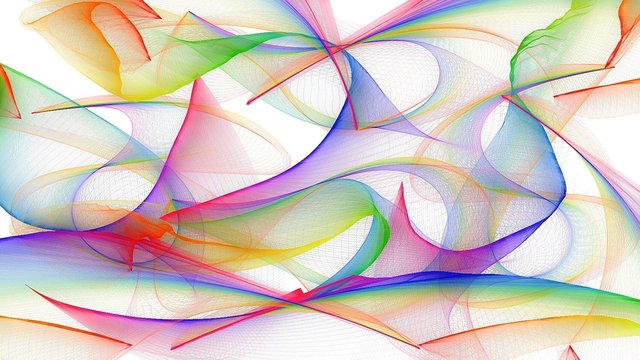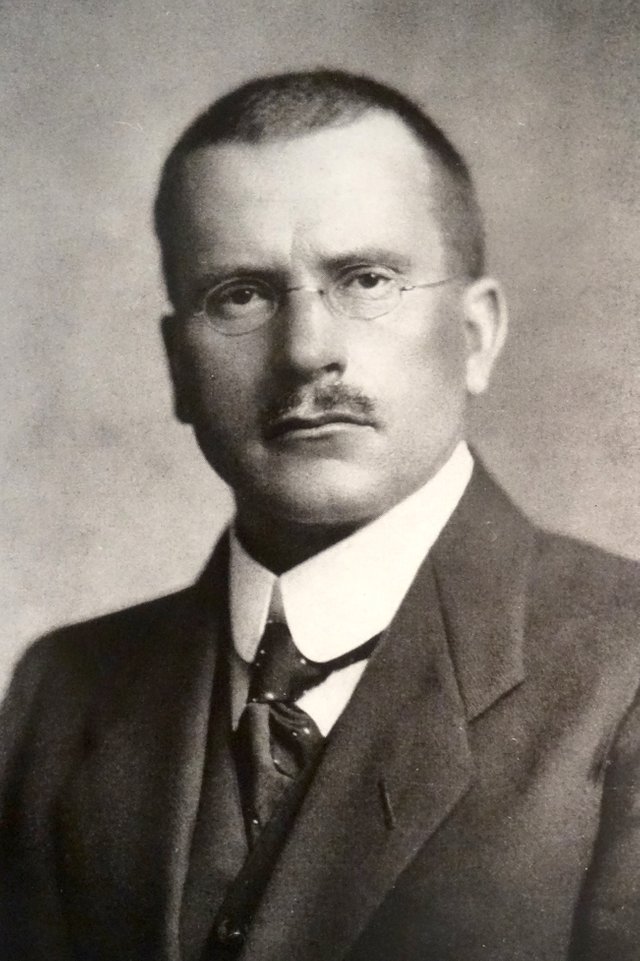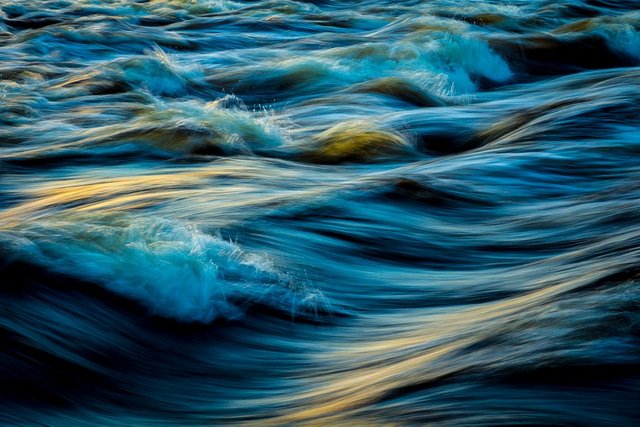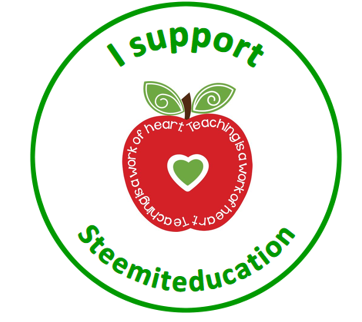Let flow and Carl Gustav Jung's psychoanalytic theory: the origin
Good evening, my dear reader friends. Today I write about Jung and one of the fundamental edges that served as the origin of the whole construct of his psychoanalytic theory.
Carl Gustav Jung has undoubtedly been one of the most influential psychologists of the last century. Born in Kesswil, Switzerland. As a child he was lonely and withdrawn which, even, prevented him from a closer relationship with his brothers. In addition, it was always very close to nature.
Having an extraordinary imagination, he liked to play games of associations with a strong symbolic tendency. Even during the dream he experienced very vivid stories that he later analyzed.
Then history showed that this tendency to oneiric experiences was one of the important bases for the development of his psychoanalytic theory. Jung was a fervent scholar of different cultures that now turn out to be somewhat obscure for the man of this century.
Taoism and alchemy were two main disciplines to which he devoted time. There is a text named the secret of the golden flower, where Jung reveals a comment that later some scholars considered that was the origin of his theory about the human mind. Such was the certainty and connection with his later works that he was compared to a philosopher's stone of the human soul; but from psychology.
The game that is created between this philosophy and the Jungian position on the psyche is contradictory: it is a non-doing. As Pascal put it, one of the most difficult actions for the human being is to do nothing, not interfere. Let nature follow its course and let its self-regulating force affect the person.
Clearly this construct that is created to arrive at an explanation-position on man and his thought, is also located in the wu wei Taoist. Likewise, it is from the theological domain of the German Meister Eckhar, who maintained that the will, when annulled, took over the divinity and creation.
Jung could understand, according to the theologian Matthew Fox, the meaning that Eckhart emphasized in reference to emancipation within a psychological context. In the paragraph that follows, Jung's exposes the indications of his technique: when the imagination is activated to reveal the primary substance that psychologists, as alchemists, can extract to the here and now.
What did these people do to make possible the development that liberated them? As far as I can see, they did nothing (wu wei) but only let things happen. As the teacher Lü-tsu teaches in the text, the light circulates according to its own law if one does not abandon his own vocation. The art of letting things happen, action through non-action, letting go of one's self, as Eckhart teaches, was for me the key that opened the door to the path. We must let things happen in the psyche. For us, this is in fact an art of which almost nobody knows anything. Consciousness is always interfering, helping, correcting and denying, never letting the psychic process flow in peace ...
Source
This is the way Jung points us, in the simplest way, which is the master key that opens the riddle of the human mind. Thus, from the mystery of the philosophy of Lao-Tse, to the magisterial intuitive and rational conclusion that represents the work of Jung.
The wise man seeks not to do and lets events follow their natural destiny. _ Tao Te King _ says, do not intervene, let it flow. To achieve this, it is essential to have a clear understanding of reality, trust in nature, know the mechanisms of the human psyche, the cosmos, the universe ...
The tranquility and calmness are what give the certainty of that knowledge and the possibility of contemplating events in a detached manner. It is not something of easy learning and apprehension; but at the same time it is simple because it is about turning towards our nature, however we make an effort to achieve it.
Meanwhile, we can place our trust in the wise ideas of Jung or Eckhart and in our intuitions. Do not become attached to what is happening, cease our desire to intervene and move away so that everything flows as if reality had that miraculous perfection, as natural as the fact of living.
References.
Carl Gustav Jung, on the art of letting go
Matthew, the original blessing. a new spirituality for the man of the 21st century






Ya que utiliza el servicio de hospedaje de WordPress de @reveur y el plugin de @steempress-io para publicar contenido en nuestro idioma, el #castellano, si deseas saber mas o formar parte, haz click en la imagen para entrar a nuestro discord.
Hola sandracabrera,
Tu post ha sido seleccionado por el bot de @provenezuela, te hemos dado un voto en apoyo a los autores venezolanos!
Gracias por ser parte de nuestra comunidad!